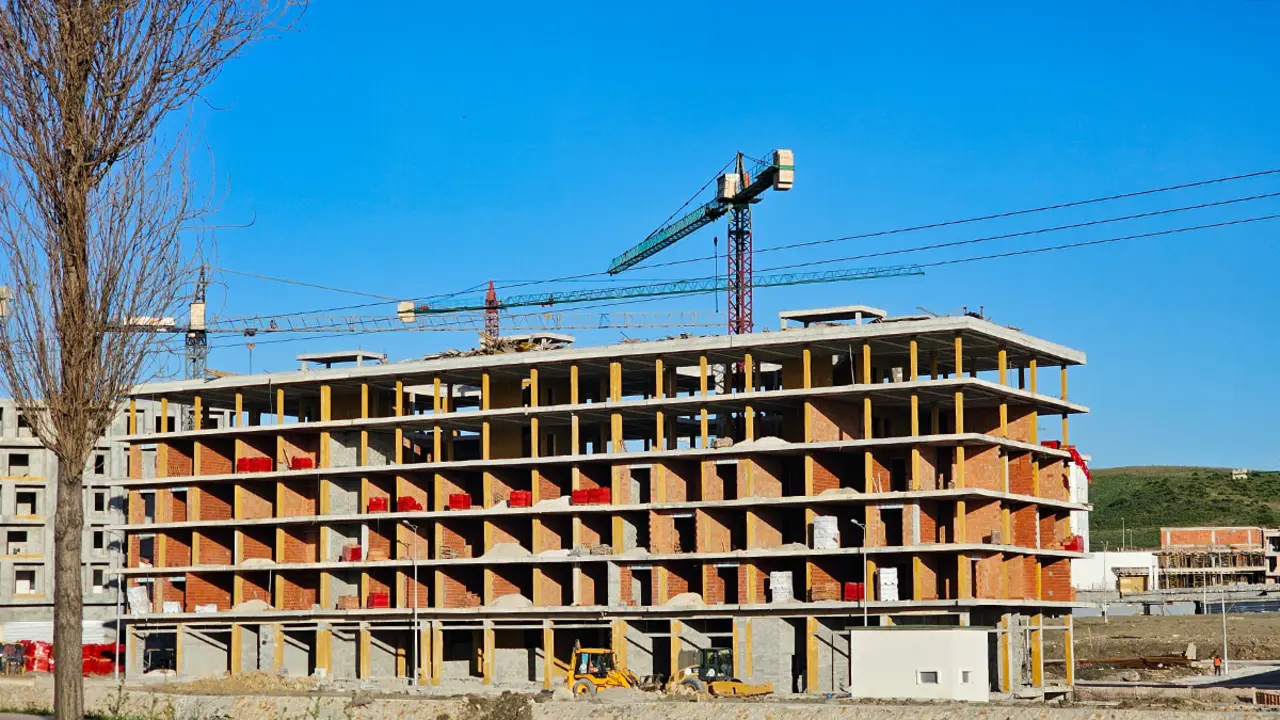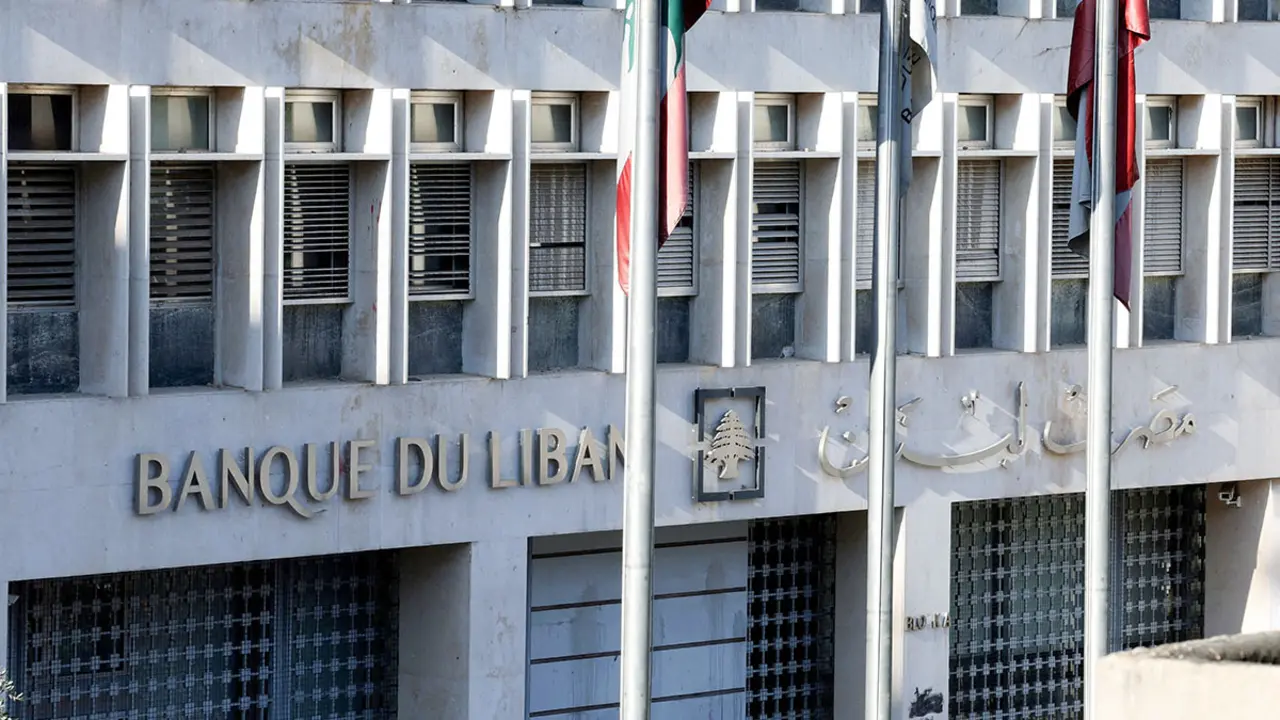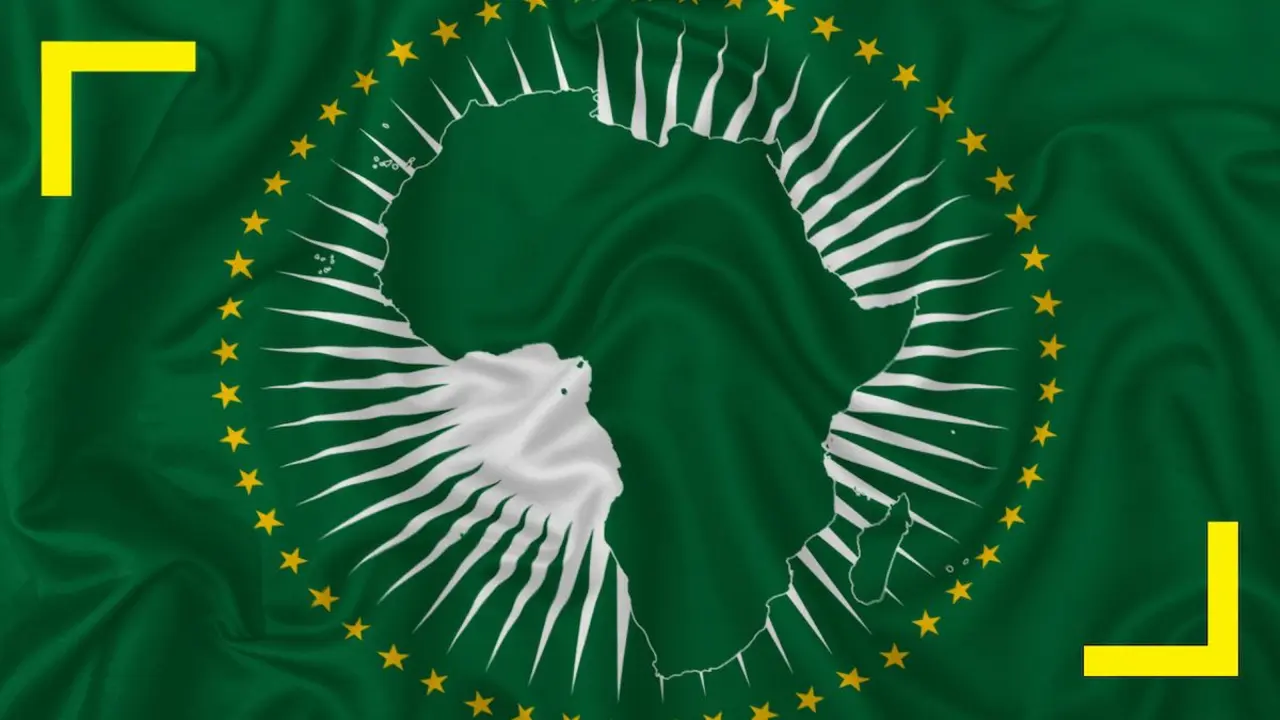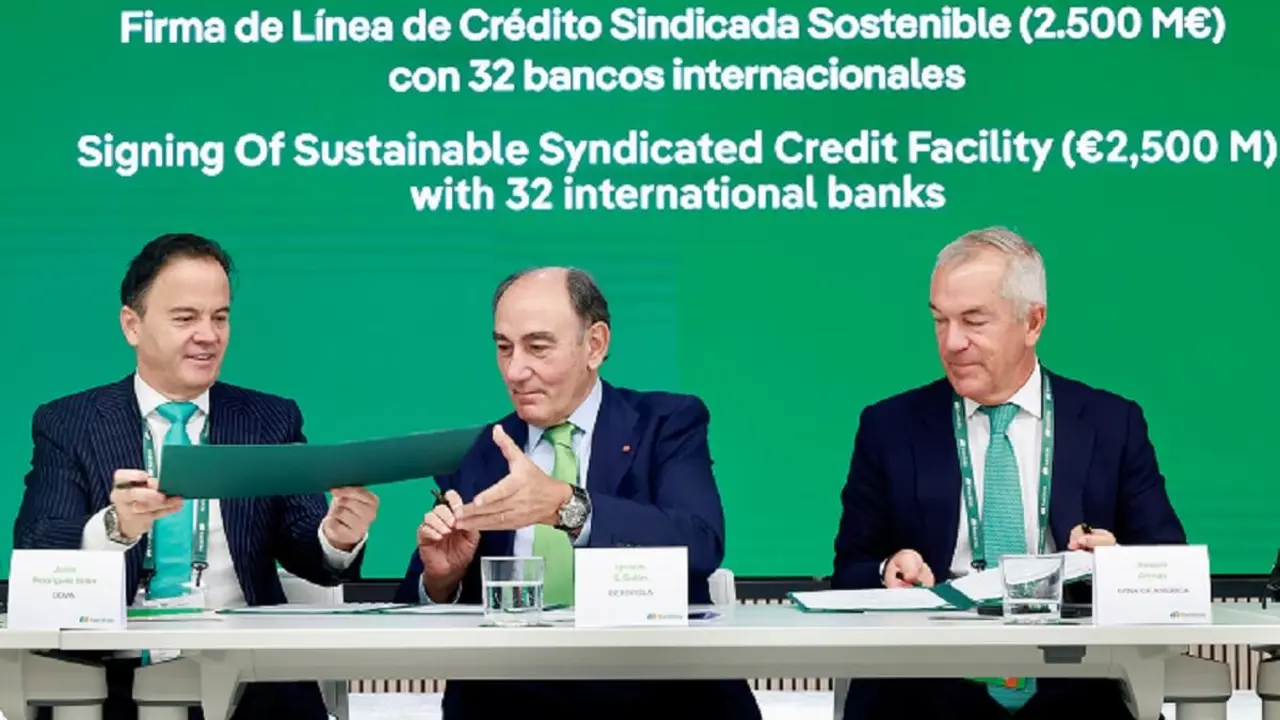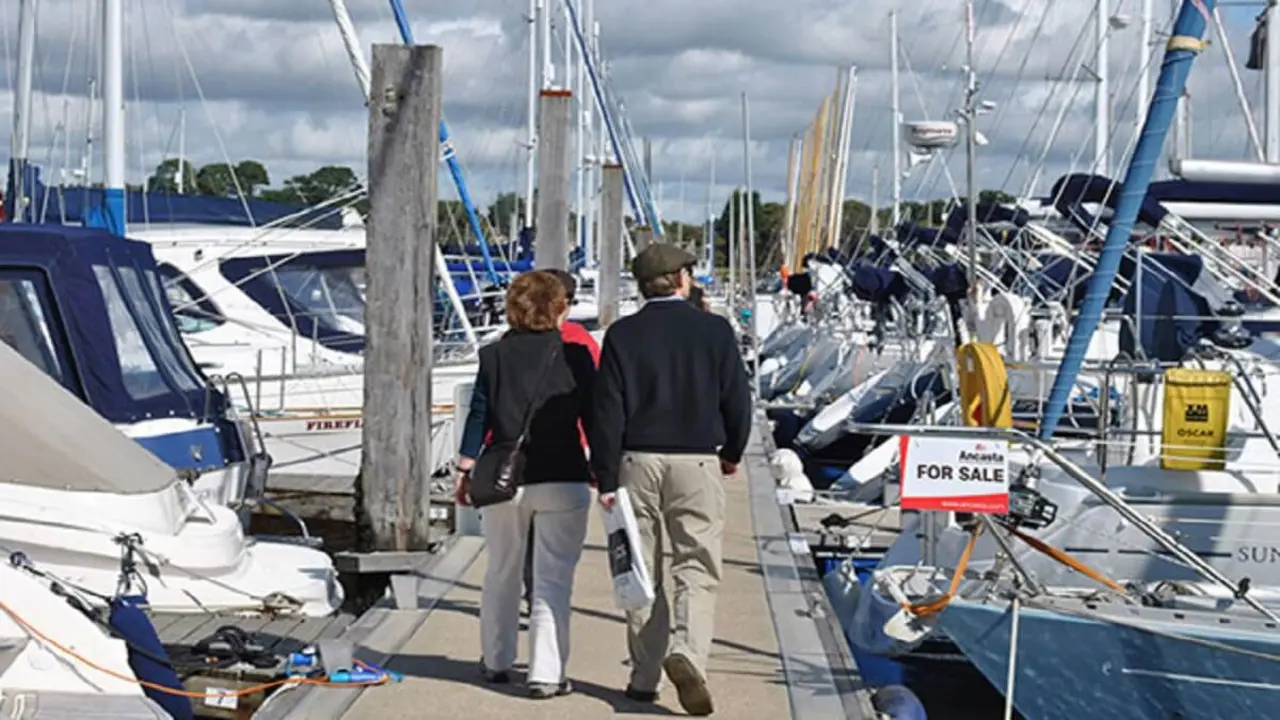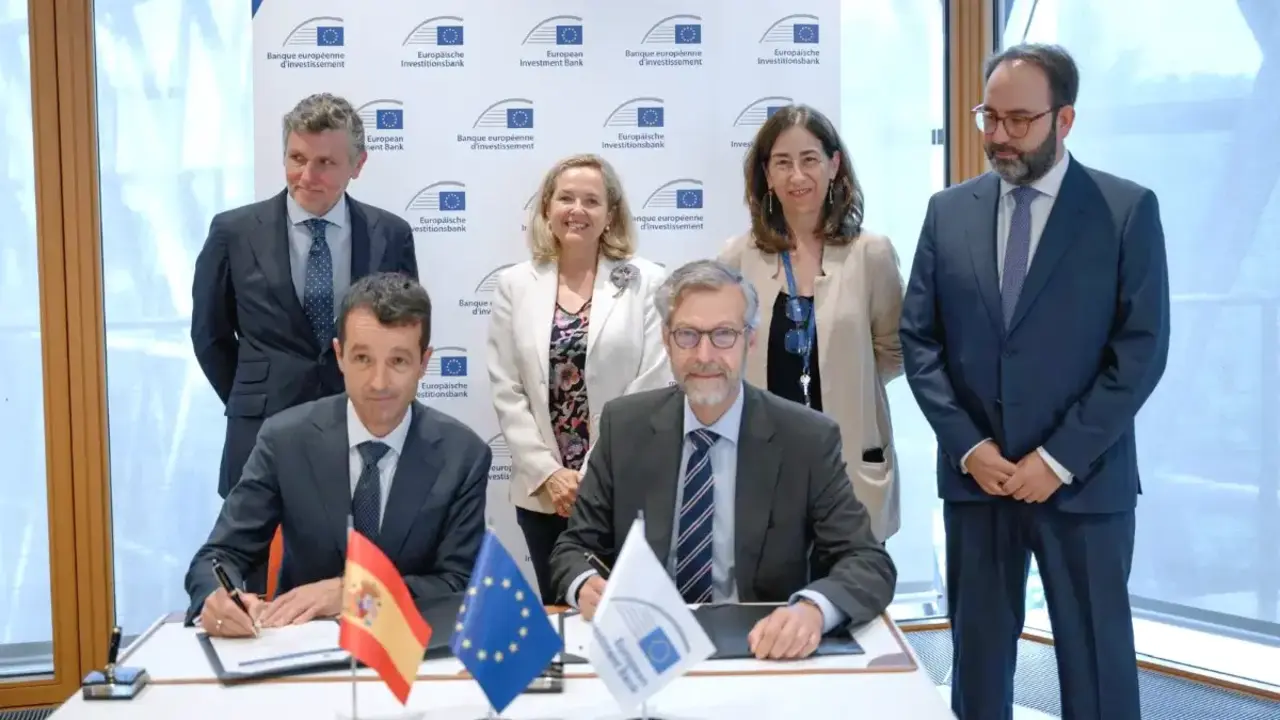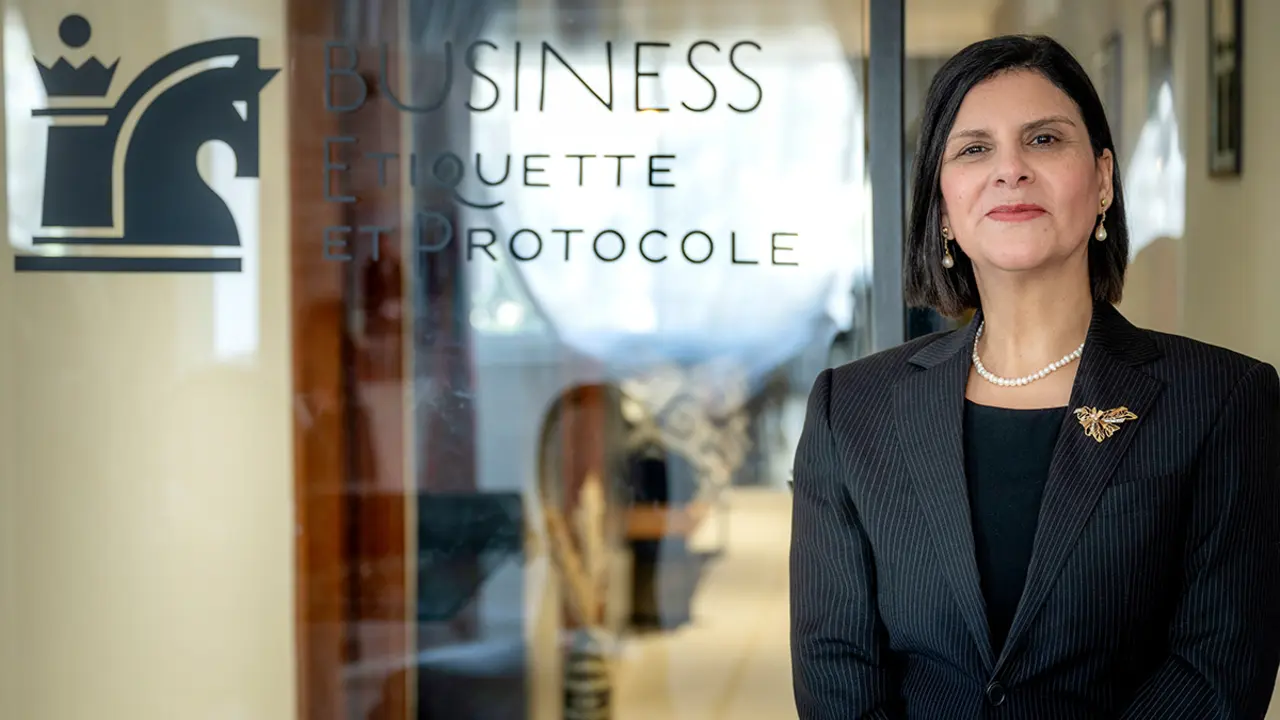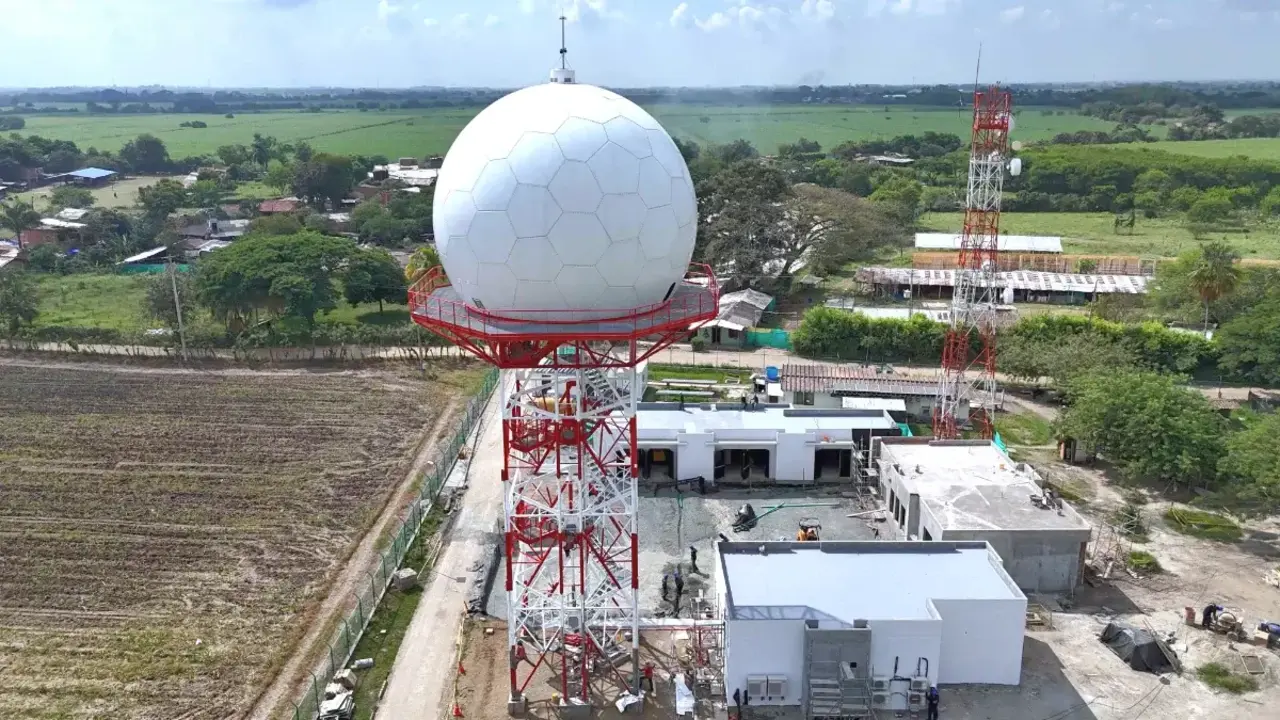Emirates seeks to rationalize energy and water consumption

On the occasion of the Abu Dhabi Sustainability Week, an event held since 2013 one year after being announced at the UN Conference on Sustainable Development Rio +20, the Minister of Energy and Infrastructure of the United Arab Emirates (UAE), Suhail bin Mohamed al-Mazrouei, announced that his Ministry has launched a series of projects and initiatives, in cooperation with the private sector and other federal administrations, to achieve the country's future aspirations for sustainable development, including the "Buildings and Roads Sustainability Framework", which was drafted in line with global trends.
"The UAE is keen to diversify its energy sources and protect the environment. The country has followed a long-term approach to plan the future of the energy sector. In 2017, the UAE launched its 2050 Energy Strategy, which is the country’s first unified energy plan that creates balance between production and consumption, global environmental obligations and ensuring a growth-friendly economic environment for all sectors. The country also aims to raise the clean energy contribution in the total energy mix to 50 percent by 2050," said Al-Mazrouei.
Al Mazrouei also pointed out that the ministry is utilising advanced technologies in the implementation of development projects, to ensure sustainability and reduce development costs and time.
The Ministry of Energy and Infrastructure has achieved significant outcomes, in terms of reducing water, energy consumption and carbon emissions for new residential projects implemented by the Sheikh Zayed Housing Programme in various emirates, in support of the UAE government’s orientations and vision for 2021 related to sustainable development, he noted.
The ministry has developed a federal building sustainability system that comprises five pillars, which are reducing energy consumption and raising efficiency, reducing water consumption while protecting the natural environment, reducing the impact of climate change, achieving wellbeing and comfort, and enhancing internal air quality and maintaining thermal insulation.
Another issue being addressed by the Ministry is air quality monitoring related to maintenance and construction projects to create a healthy working environment and ensure the safety of workers. An ecological purchasing policy is also being implemented, which aims to reduce the use of substances that harm the environment and people.
As for the federal highway sustainability system, which is the first of its kind in the Emirates, it will establish eight national rest areas for truck drivers to improve the efficiency of federal roads and ensure safe transportation, using recycled materials and state-of-the-art green technologies.
Under the framework of its efforts to ensure the sustainability of water resources in the country, the ministry previously launched the "Water Security Strategy 2036," which covers all elements of water supplies, with the participation of all national departments and authorities. The strategy aims to address future water security challenges from a long-term perspective, such as the scarcity of drinking water and the depletion of groundwater. The ministry also launched a national consumption rationalisation campaign, which aims to raise the awareness of the Emirati community and urge its members to ration consumption.
If all goes according to plan, the UAE will have safe and sustainable cities and communities by 2030, thus meeting goals 6,7 and 11 of the Sustainable Development Goals (SDGs), through implementing projects and initiatives aimed at making cities and communities comprehensive, safe, flexible and sustainable by 2030, in line with the UAE Centennial 2071 and the ministry’s contributions to the UAE’s preparations for the next 50 years.

